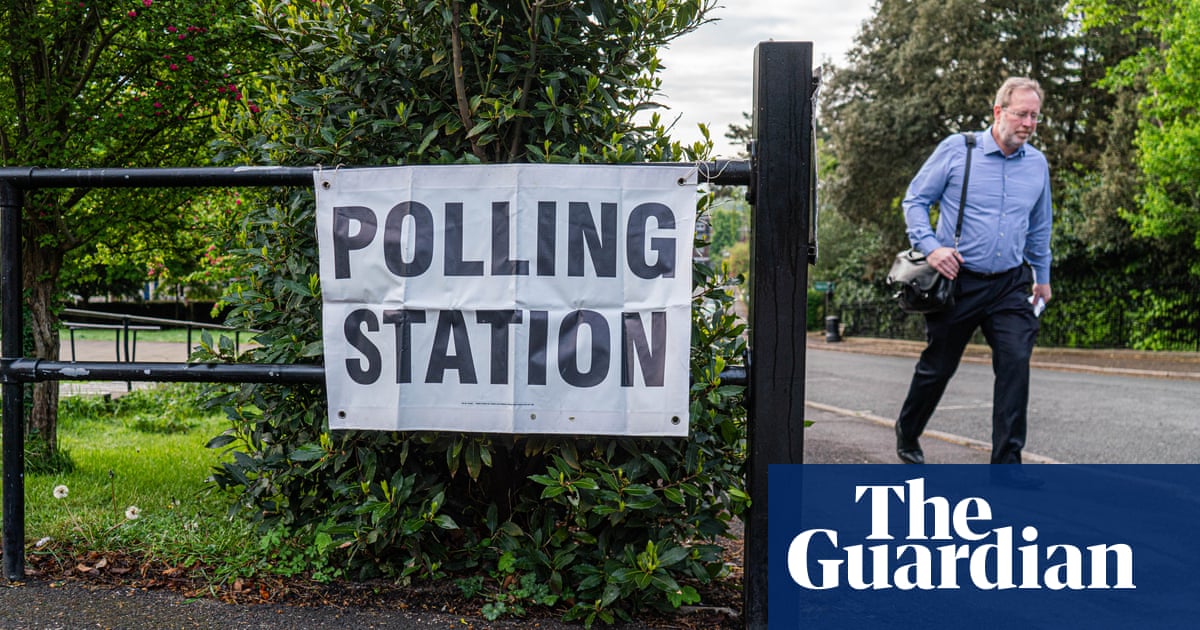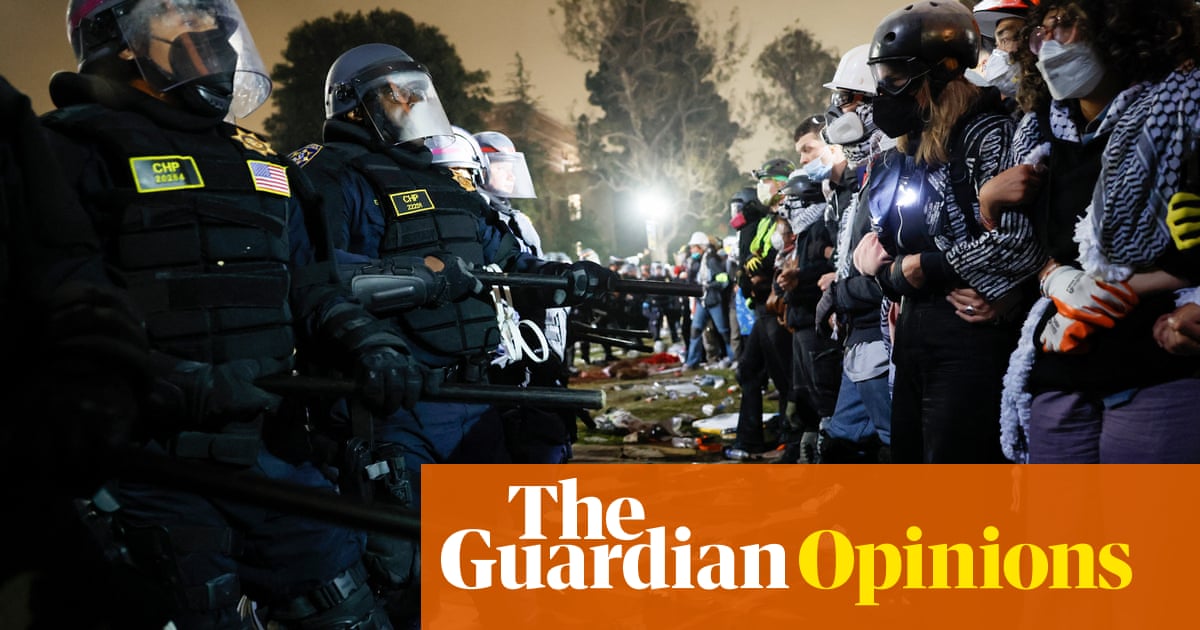Late on Saturday 18 January, TikTok, the short-video app beloved of millions of users mostly aged between 18 and 24, went dark in the US. This was not because of a power outage, but because its owner switched it off. For an explanation of why it did so, though, we have to spool back a bit. For years, TikTok has been a thorn in the sides of US legislators and national security officials for two reasons. First, it’s owned by a Chinese company, ByteDance, which doubtless does whatever Xi Jinping tells it to do. Second, TikTok hoovers up phenomenally detailed data about its young users. The average session lasts 11 minutes and the video length is about 25 seconds. “That’s 26 ‘episodes’ per session,” says blogger Prof Scott Galloway, “with each episode generating multiple microsignals: whether you scrolled past a video, paused it, rewatched it, liked it, commented on it, shared it, and followed the creator, plus how long you watched before moving on. That’s hundreds of signals. Sweet crude like the world has never seen, ready to be algorithmically refined into rocket fuel.” The thought of personal data with this granularity falling into Chinese hands seemingly drove the American deep state, not to mention Meta, Google and co wild. And Congress got the message.
In April last year, Joe Biden signed into law the Protecting Americans from Foreign Adversary Controlled Applications Act, a statute that had attracted unprecedented bipartisan support on its path through a divided Congress. The act basically mandated that TikTok’s owner would have to sell it to an American company or be banned in the US. It was scheduled to come into force on Sunday 19 January 2025.
ByteDance/TikTok duly launched a legal campaign to have the act declared unconstitutional, but on 17 January the US supreme court disagreed. At which point the owner of the platform decided to hit the off button. And that, some of us naively thought, was that.
But then, magically, around noon on Sunday 19 January, the app reappeared again, accompanied by a statement thanking “President Trump for providing the necessary clarity and assurance to our service providers that they will face no penalties”. The next day, shortly after his inauguration, Donald Trump issued an executive order instructing his attorney general not to take any action to enforce the act for a period of 75 days to provide “an opportunity to determine the appropriate course forward in an orderly way that protects national security while avoiding an abrupt shutdown of a communications platform used by millions of Americans”.
“Essentially,” said Trump after signing the executive order in the Oval Office, “with TikTok, I have the right to sell it or close it. We may have to get approval from China. I’m not sure. I’m sure they’ll approve.” He went on to say that his administration will work on “a joint venture” between the US and undisclosed other entities. “I think you have a lot of people who would be interested,” he concluded. If you smell a rodent at this point, welcome to the club.
This development is intriguing on several levels. First, Trump doesn’t have the authority to cancel or repeal the act. Only Congress can do that. All he can do is delay its implementation for a period. Second, it isn’t his to sell. It belongs to ByteDance. But Trump can sniff a commercial opportunity a mile off; in this case, to put increasing pressure on the company to sell what currently looks like a rapidly depreciating asset, given the terms of the act, to one of his billionaire supporters (Elon Musk, for example), or indeed even to some member of his ghastly tribe, with him taking a hefty commission on the deal.
But perhaps the most interesting aspect of the TikTok story is what it reveals about power in a digital world. Political scientists have begun to wake up to the idea that some digital giants – the ones operating platforms that are used and valued by millions of people – are different from other large corporations and wield a new kind of power: platform power. Up to now, this has generally been deployed to resist government attempts at regulation. Think, for example, of how in 2020 in California, Uber and fellow ride-hailing company Lyft, plus food delivery business DoorDash, mobilised legions of their users to defeat a move to make them treat their drivers as employees. Could it be that TikTok has used its platform power (170-million-plus US users) to lure a sitting president into becoming its saviour? Or, to put it more succinctly: has Trump been had by a Chinese app?
What I’ve been reading
Great depression
The title of Chris Bertram’s blogpost Reasons for pessimism in Europe says it all, but he puts it in an elegant and restrained way.
after newsletter promotion
Novel view
A fascinating essay by Harry Law about George Eliot’s musings on intelligent machines is Reflections on AGI from 1879.
Smashing time
We Should All Be Luddites Now is a thoughtful review by Dave Karpf of Brian Merchant’s book Blood in the Machine.

.png) 2 months ago
35
2 months ago
35













































